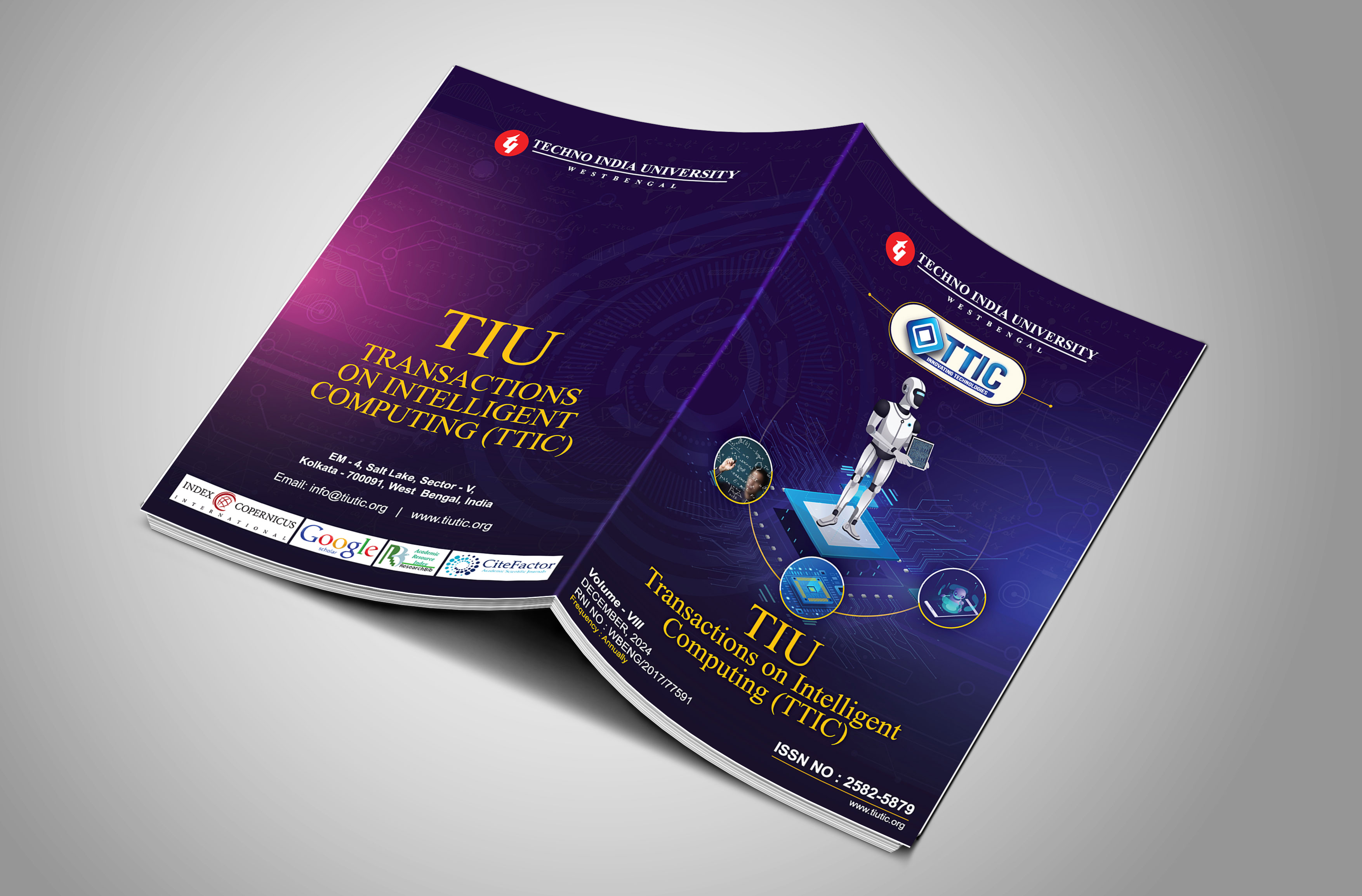Abstract
This paper explores the dynamics of global food systems, emphasizing the need for a balanced approach between efficiency, profitability, equity, and sustainability. Using case studies from China, the USA, and Ethiopia, the study develops a re-optimization model to reorder the significance of these indicators. By collecting data on 18 indices from 2000 to 2020, models for efficiency, profitability, equity, and sustainability are built using methods like the logistic model, Runge-Kutta method, and linear programming. The results are synthesized into a Prioritized Food System Index (PFSI), which provides insights into how shifting priorities impact the food system’s stability. The analysis highlights the trade-offs between economic goals and social-environmental outcomes, discussing benefits and costs for both developing and developed countries. Ultimately, the study offers a roadmap for improving food systems while ensuring sus tainability and equity, fostering adaptability to various national contexts.


